CALL FOR APPLICATION 2023
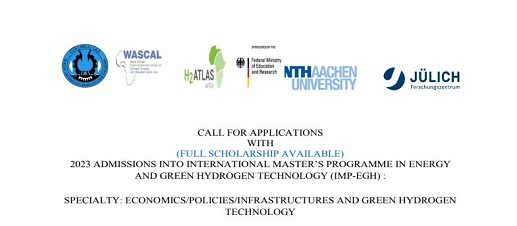

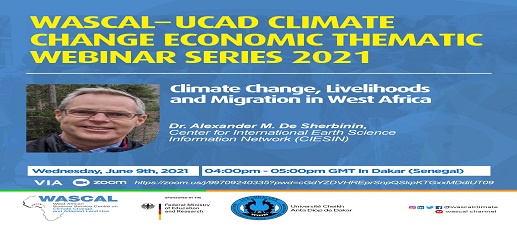
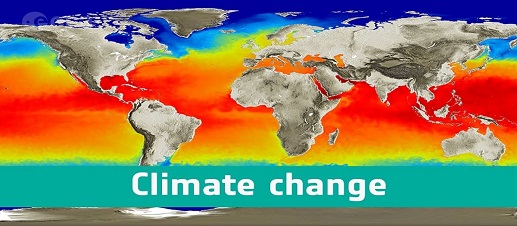
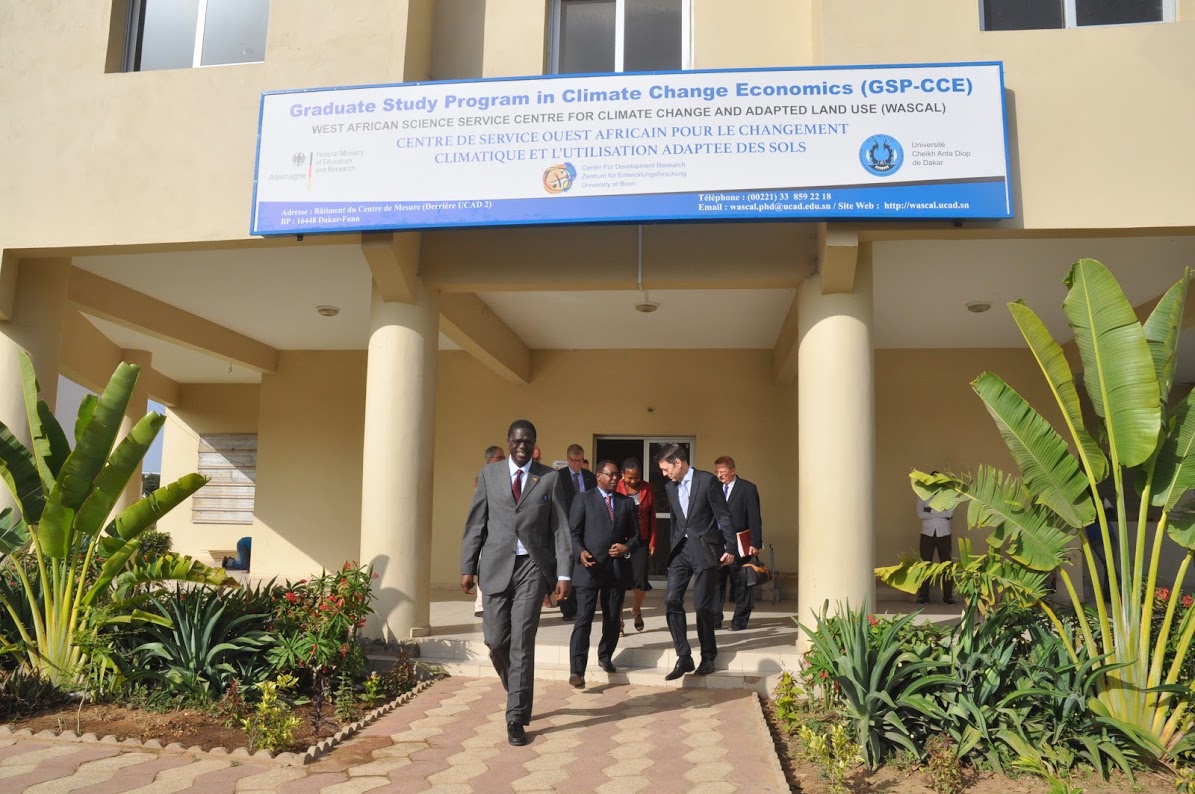
In this 21st century, climate change represents a serious challenge for all humanity, particularly the African rural community, and for that matter the West African region. The region is confronted with the urgent need to develop effective adaptation and mitigation measures.
WASCAL (West African Science Service Center on Climate Change and Adapted Land Use) is a research program developed to address the challenge of change and increasing variability of climate and enhance the resilience of human and environmental systems. WASCAL does so by strengthening the research infrastructure and capacity in the field of climate change in West Africa, by pooling expertise from ten countries in the region and German institutions.
In this 21st century, climate change represents a serious challenge for all humanity, particularly the African rural community, and for that matter the West African region. The region is confronted with the urgent need to develop effective adaptation and mitigation measures.
WASCAL is funded by the German Federal Ministry of Education and Research (BMBF). The project is coordinated by the Center for Development Research (ZEF) of the University of Bonn and is implemented through the effective collaboration between partners in West Africa and the Federal Republic of Germany.
The program’s curriculum comprises both a theoretical foundation and the methodological and quantitative tools needed in the field of mathematics, statistics, econometrics etc. to conduct cutting edge research in applied economics. The subjects studied are multidisciplinary in nature and encompass topics related to development economics and climate change: development economics theories, sustainable development theories, climate change economics and finances, integrated approach to climate and policy modeling, etc.
The program is supported by a unique pool of partners at the national, regional, and international level. UCAD and other Senegalese universities, several institutions and researchers contribute to the development of the program through teaching, supervision of students, and research. Similarly, the program draws on the rich and diverse expertise in economics within English and French speaking universities at the regional level.
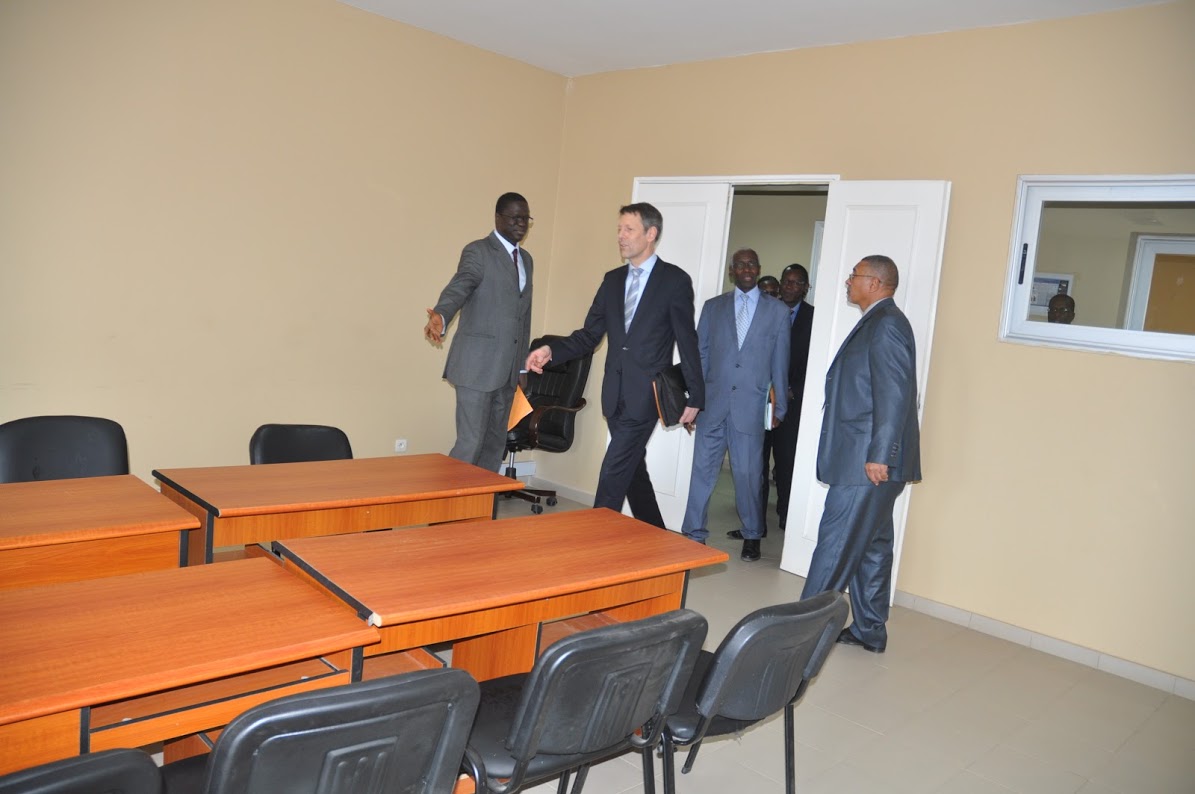
Visite du Dr Georg SCHUTTE, Secrétaire d'Etat BMBF
Copyright © 2026,